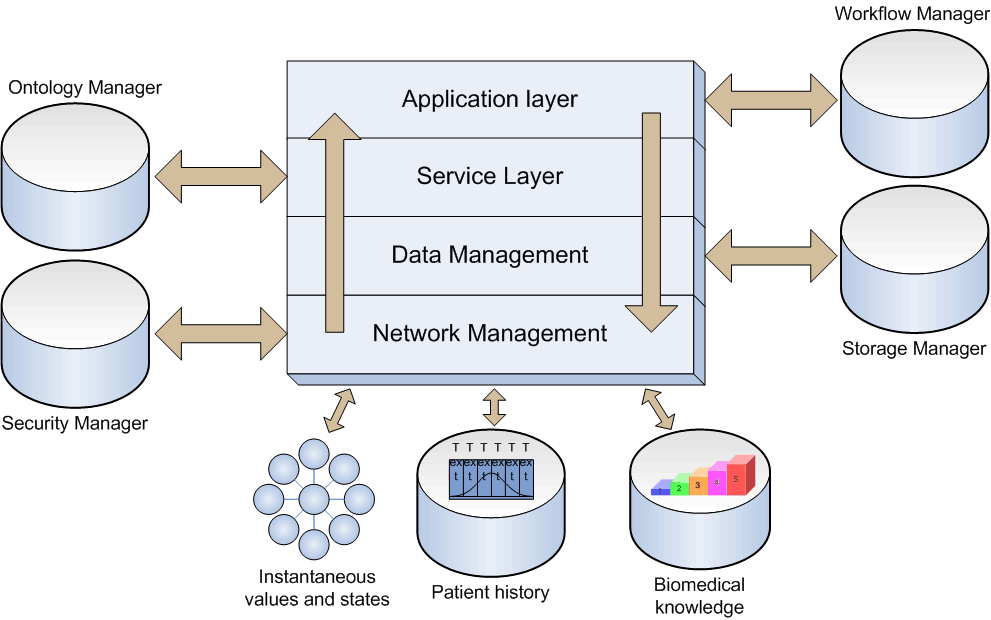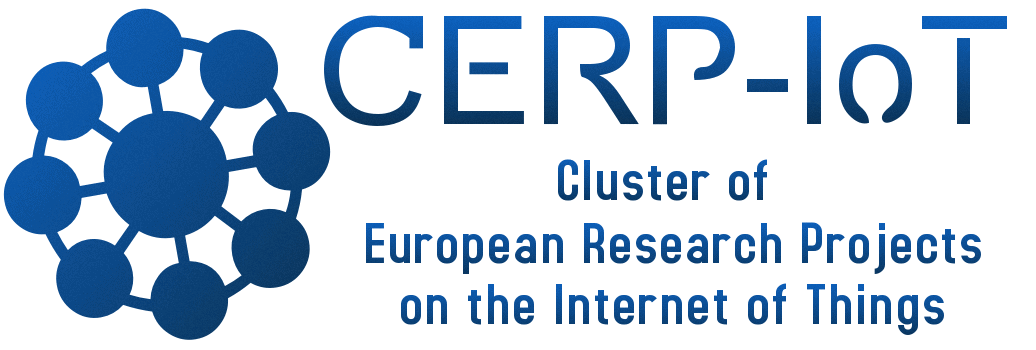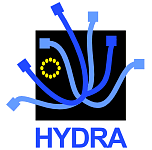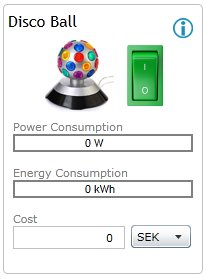
The number of people with diabetes, both Type I and Type II, is increasing at an alarming rate. Combined with an ageing population and the increase in other chronic diseases, closely related to unhealthy lifestyles, this constitutes a major challenge for healthcare services across Europe.
The REACTION project (Remote Accessibility to Diabetes Management and Therapy in Operational Healthcare Networks) seeks to use the significant potential of new technologies to help cope with this increase. The project addresses two domains: in-hospital patients in general wards and outpatients, whether these are in primary care with general practitioners or attending outpatient clinics.
The aim of the REACTION project is to develop an integrated approach to improving long-term management of diabetes through continuous glucose monitoring, monitoring of significant events, monitoring and predicting risks and/or related disease indicators, evidence-based decisions on therapy and treatments, education on lifestyle factors such as obesity and exercise and, ultimately, automated closed-loop delivery of insulin if prescribed. 
The REACTION platform will apply a service-oriented architecture, taking advantage of the LinkSmart middleware developed in the Hydra project for detection of devices and creation of web service interfaces, thus building on and adding to the progress already made in the Hydra project.
System developers will be trained and provided with development tools (e.g. Software Development Kit and Device Development Kit) for easy and secure integration of heterogeneous physical devices into interoperable distributed systems. Semantic self-configuration tools for devices, semantic resolution, knowledge discovery modules and basic security models will be integrated into the REACTION platform through the use of LinkSmart middleware. This will allow the REACTION developers to rapidly create intelligent applications for REACTION.
Sensors for monitoring glucose in diabetes patients will also be developed, and the progression toward the novel care spaces of the future will be taken into account, in support of the safe, cost-effective move away from hospital care to disease self-management, sustained by telemedicine and primary care. The envisioned results of the REACTION projects are:
- Improved glycaemic control of diabetes patients in hospital wards
- Better control of their disease for outpatients
- Proactive (self)-management to reduce risk of long-term complications
- Reduced number of hypoglycaemic and hyperglycaemic episodes
- Automatic closed-loop delivery of insulin
Like Hydra, the REACTION project has adopted an evolutionary requirements engineering, specification and design methodology, underpinned by a user-centric and iterative development process.
REACTION, a four-year project approved under the Seventh Framework Programme, was kicked off in Madrid in March 2010. Sixteen partners from ten European countries cooperate in the project, some of which are also contributing partners in Hydra. For further information, see www.reaction-project.eu.





 The Hydra project is co-funded by the
The Hydra project is co-funded by the 


